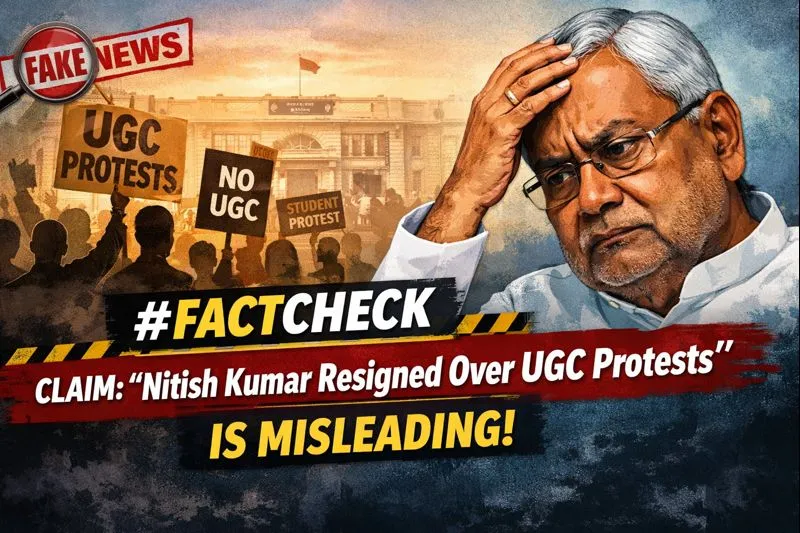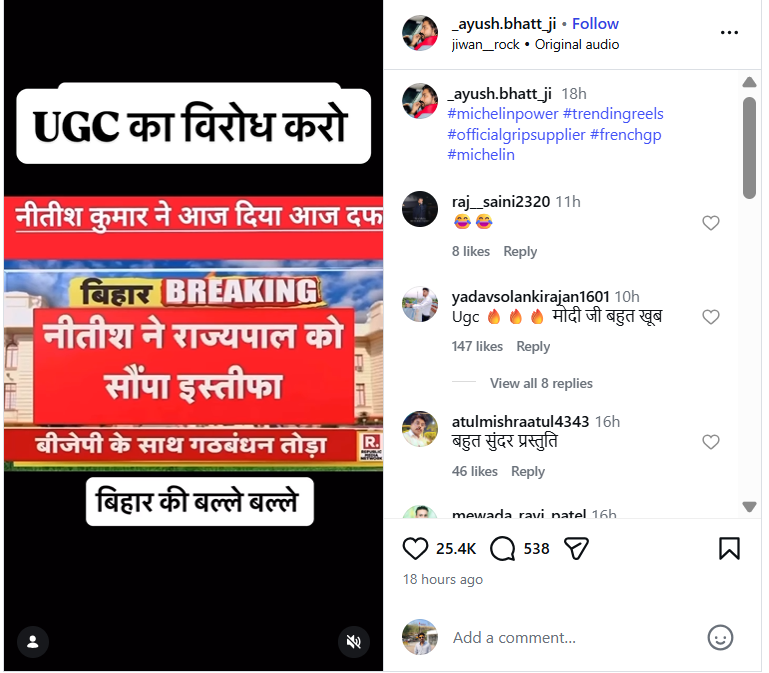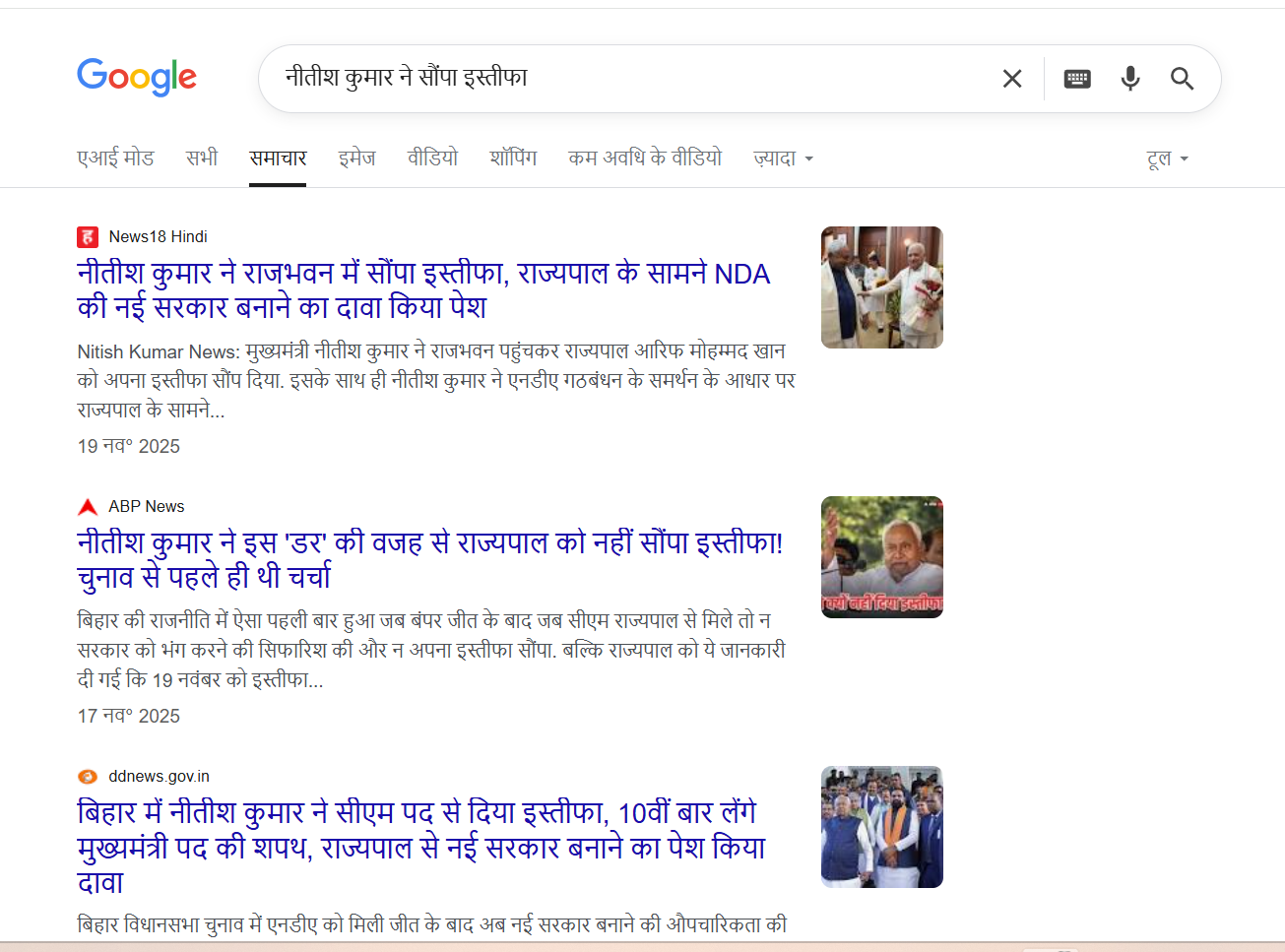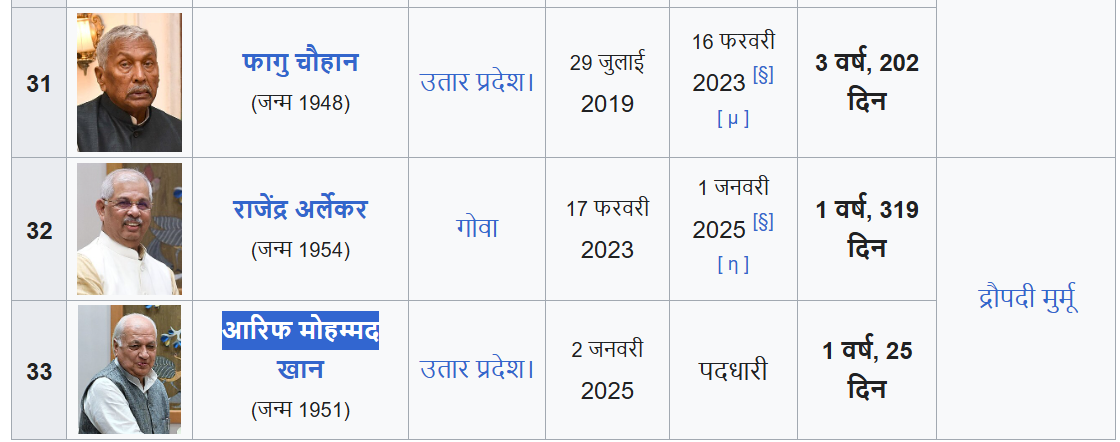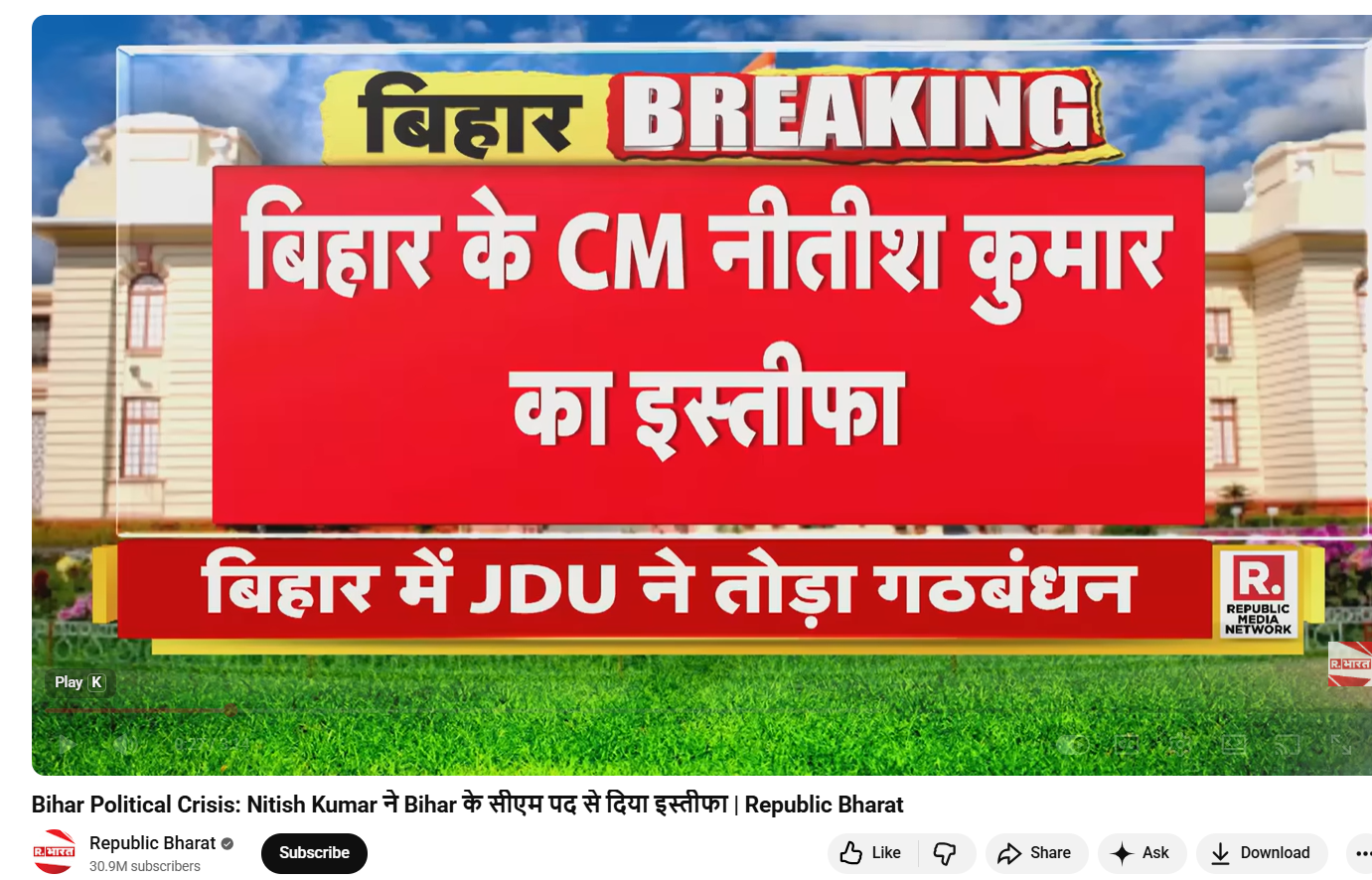#FactCheck - "Deepfake Video Falsely Claims Justin Trudeau Endorses Investment Project”
Executive Summary:
A viral online video claims Canadian Prime Minister Justin Trudeau promotes an investment project. However, the CyberPeace Research Team has confirmed that the video is a deepfake, created using AI technology to manipulate Trudeau's facial expressions and voice. The original footage has no connection to any investment project. The claim that Justin Trudeau endorses this project is false and misleading.

Claims:
A viral video falsely claims that Canadian Prime Minister Justin Trudeau is endorsing an investment project.

Fact Check:
Upon receiving the viral posts, we conducted a Google Lens search on the keyframes of the video. The search led us to various legitimate sources featuring Prime Minister Justin Trudeau, none of which included promotion of any investment projects. The viral video exhibited signs of digital manipulation, prompting a deeper investigation.

We used AI detection tools, such as TrueMedia, to analyze the video. The analysis confirmed with 99.8% confidence that the video was a deepfake. The tools identified "substantial evidence of manipulation," particularly in the facial movements and voice, which were found to be artificially generated.



Additionally, an extensive review of official statements and interviews with Prime Minister Trudeau revealed no mention of any such investment project. No credible reports were found linking Trudeau to this promotion, further confirming the video’s inauthenticity.
Conclusion:
The viral video claiming that Justin Trudeau promotes an investment project is a deepfake. The research using various tools such as Google Lens, AI detection tool confirms that the video is manipulated using AI technology. Additionally, there is no information in any official sources. Thus, the CyberPeace Research Team confirms that the video was manipulated using AI technology, making the claim false and misleading.
- Claim: Justin Trudeau promotes an investment project viral on social media.
- Claimed on: Facebook
- Fact Check: False & Misleading




